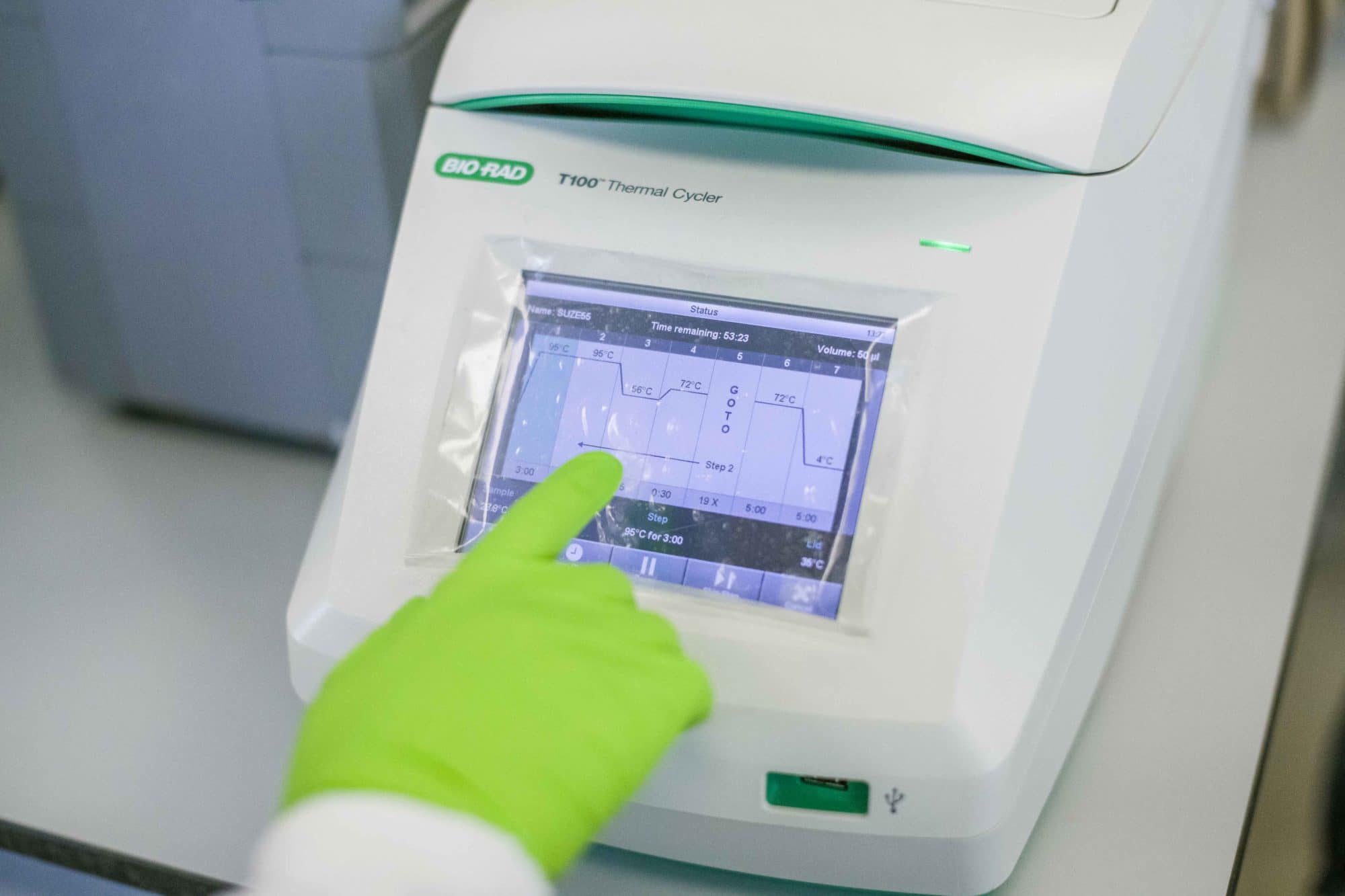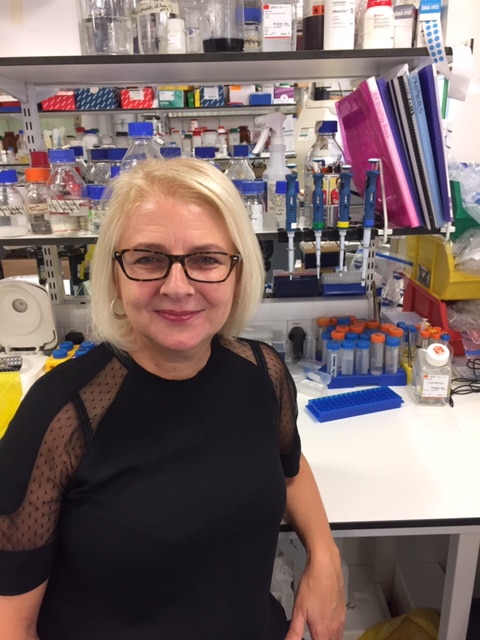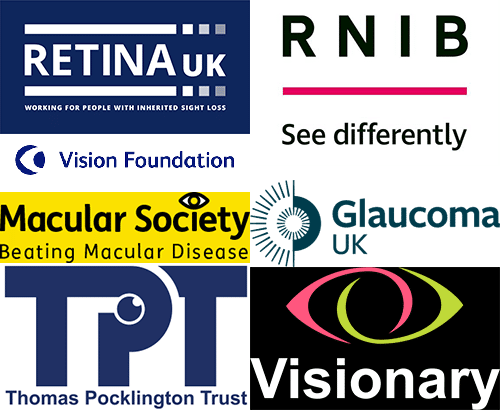
Research grants
Retina UK aims not only to progress research along established threads, but to stimulate new thinking, encourage innovative approaches and nurture original ideas.
Search results

Retina UK aims not only to progress research along established threads, but to stimulate new thinking, encourage innovative approaches and nurture original ideas.
On a typical week in the stem cell lab there are many different experiments going on. Different people work on their individual projects, but we often collaborate to share ideas and help each other.
James Birtley is a Retina UK supporter and volunteer who is living with retinitis pigmentosa. He is also a scientist with a particular interest in the structure of proteins, the complex molecules that form the building blocks of our bodies.
Information for healthcare professionals: Genetic testing and counselling in inherited retinal disease

Inside this edition, register now for our AI webinar on 7 December with Dr Nikolas Pontikos.
Prof Mariya Moosajee at Moorfields Eye Hospital has asked us to share the message below about the clinical trial she is running. This trial is for a treatment that targets a particular section of the USH2A gene.
Choroideremia is a rare genetic condition resulting in progressive sight loss in men.

The team have found the cause of disease in the first ever family tree drawn up at Moorfields Eye Hospital over 35 years ago, which had remained unsolved until now.
Autoimmune diseases are quite distinct from inherited retinal dystrophies.

As a coalition of sight loss charities, we are calling on the Government to make the benefit system and employment support fit for purpose for blind and partially sighted people.